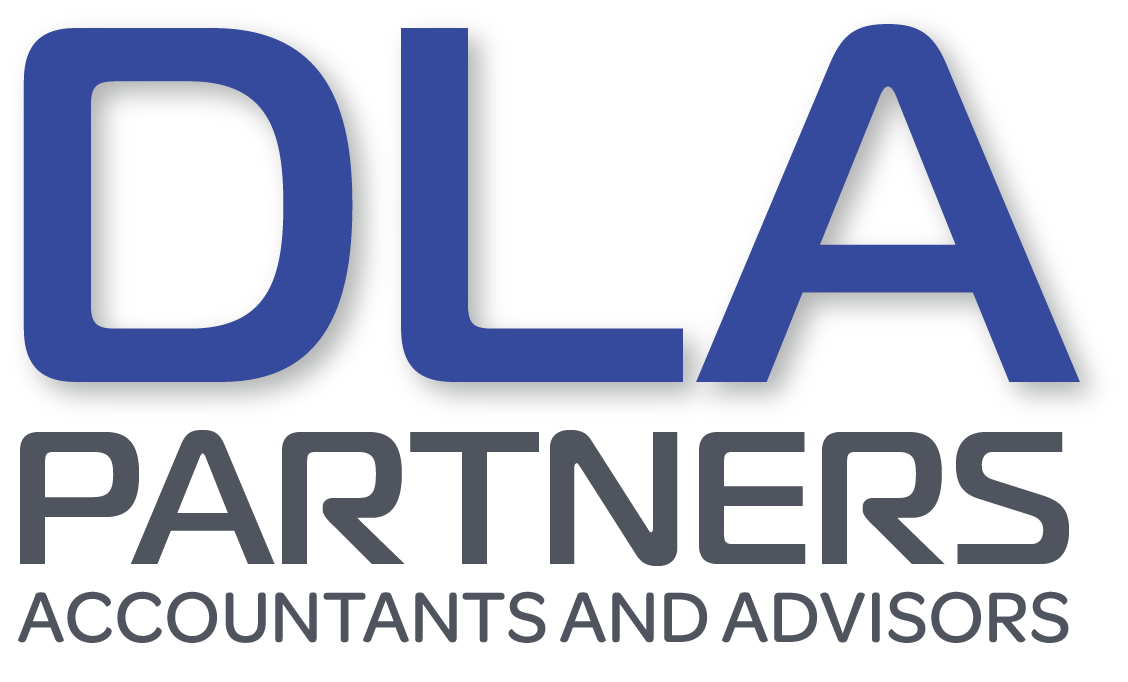This year we have noticed an increase in the activity being undertaken by the ATO regarding company’s Superannuation Guarantee contributions. This includes both audits and direct mail from the ATO informing clients that incorrect payments have been made. Under the super guarantee law you must pay super contributions into a complying super fund or retirement savings account by the due date. The due date for superannuation payments is the 28th day after the end of the quarter. If this falls on a weekend or public holiday you can make the payment on the next business day.
If you are audited (and you may have taken out audit insurance to enable us to assist you with this), the ATO will request information from you and check all super guarantee transactions. If you do not provide the correct information the ATO can take legal action to obtain it, or raise a debt based on the information that it has. The latter is a super guarantee charge (SGC) default assessment. If you haven’t met your super obligations as an employer you have to lodge an SGC statement and pay the super guarantee charge to the ATO.
The SGC has to be paid if you:
- don’t pay enough super for employees;
- don’t pay contributions for the quarter;
- don’t pay into your employee’s chosen fund; or
- pay a contribution after the due date.
The SGC is made up of:
- the super guarantee shortfall amount*;
- interest on the shortfall (currently 10% per annum calculated from the first day of the quarter to the date the SGC statement is lodged); and
- an administration fee of $20 per employee per quarter.
*Generally superannuation guarantee is calculated on Ordinary Time Earnings (OTE), which excludes payments such as overtime. The superannuation guarantee shortfall amount however is calculated on a much wider definition referred to as ‘Salaries and Wages’, this definition means payments such as overtime are now subject to superannuation guarantee.
We also have clients who have been contacted directly by the ATO because the ATO records indicate that they have not paid the correct amount of super for one or more employees by the due date and they have been directly requested to lodge an SGC statement, with a deadline, as they have an SGC liability for the financial year.
You can learn more about this by reading the fact sheet or calling 3863 9444 and talking with us.
This information does not constitute financial or legal advice and is for general information purposes only. Please contact DLA Partners for specific advice relating to your particular circumstances.

